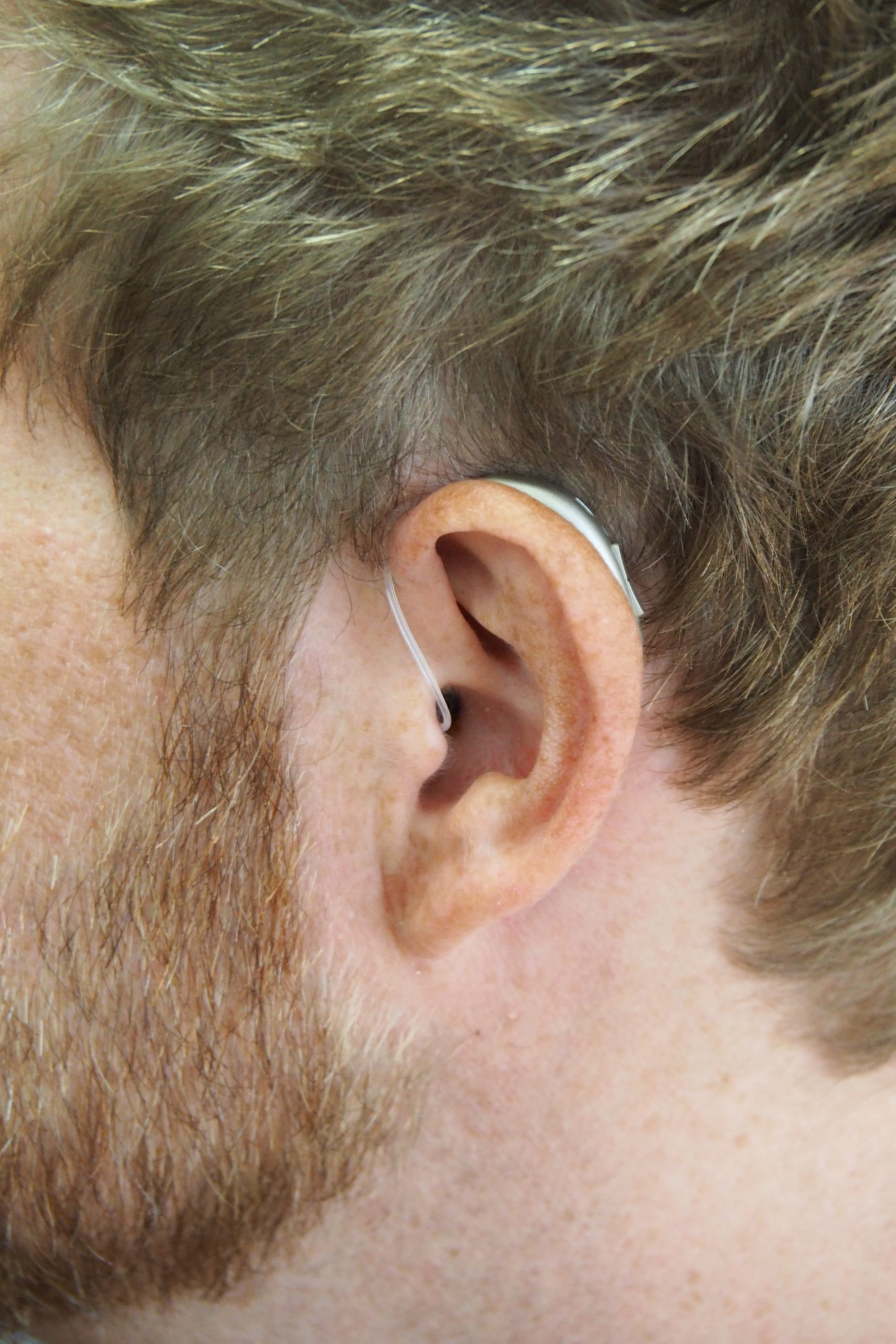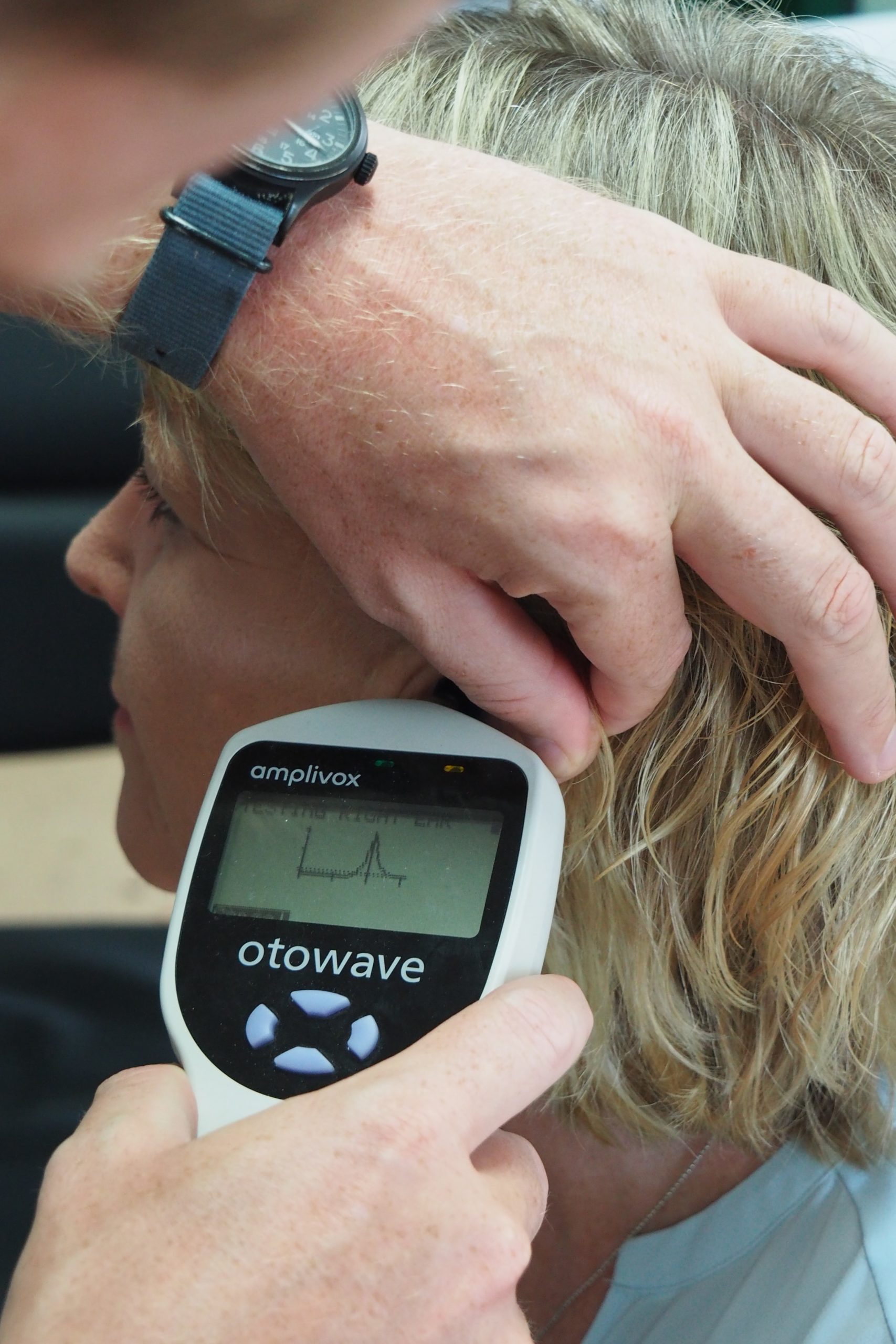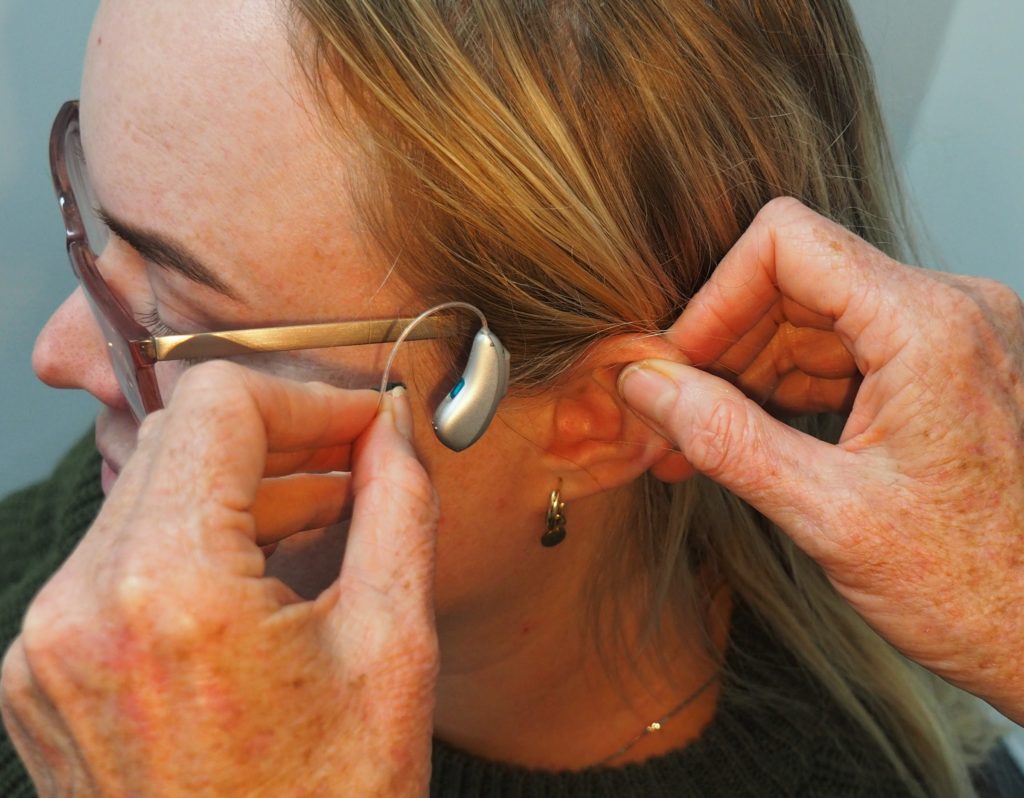Hearing aids are a helpful tool and advancement of technology, and they help hearing-impaired people in their day-to-day life. It is important to know that 35 million people have hearing impairments in the United States alone, but more than 25 million of them don’t have hearing aids. Just 28.5% of hearing-impaired Americans have and use hearing aids. So, without further ado, let’s dive into this blog and learn more about hearing aids.
1. How does a hearing aid work?

Today, all hearing aids are digital. The device picks up sounds through a microphone, then processes and amplifies them through a microprocessor. The sound is played back into the ear through the earphone. Current hearing aids can isolate frequency levels (low, medium, or high) and amplify them differently depending on the need and the type of hearing loss. The hearing aid specialist makes these adjustments, and their subtlety relies on the number of channels in the device.
Thanks to preset programs (quiet environment, noisy environment), the hearing aids also analyze the sound environment and automatically select the best sound reproduction balance. Be careful; a hearing aid does not totally restore hearing capacities; they are definitely lost. It only compensates for what the ear can no longer do due to a lack of sensitivity.
2. When to get a hearing aid?
It is best to get a hearing aid while the brain is still able to interpret the sounds transmitted by the ear. Hearing aids are recommended for hearing losses of 30 decibels (dB) or more, severe high-frequency losses, or if comprehension is affected.
In order to be covered, the hearing aid must be prescribed by a doctor, who will base his decision on an initial hearing test, called an audiogram. In the vast majority of cases, this is an otolaryngologist, but a general practitioner can also do it if they feel able to identify the needs of their patients.
Specific training in otology was supposed to be a regulatory condition for prescribing in general medicine, but due to a lack of implementation, any general practitioner can now, and officially until August 31, 2020, prescribe equipment. This is a possibility to be taken into account in regions with long delays for appointments with ENT specialists.
3. The different types of hearing aids

BTE and micro BTE hearing aids
Conventional BTE hearing aids are worn behind the ear and consist of a housing that contains the entire system: the microphone, processor/amplifier, and earpiece. A hollow plastic tube carries the sound into the ear canal. They are not very discreet but have improved a lot in recent years. Specialists recommend them for people with significant hearing loss “because they accept more power”.
People with poor dexterity appreciate them because the batteries are easier to handle. Similar in appearance but significantly smaller, BTE microphones are distinguished by the earpiece: it is not in the housing but in the earmold that is placed in the ear, which is why it is called “deported”.
They have been very successful in recent years due to their performance and discretion. Both types of devices have only one accessible control: it is used to quickly raise or lower the sound or to change programs.
In-The-Ear
Created from a mold of the auditory canal, these prostheses slip completely into the ear. If the ear canal is too small, it will not fit. Be careful; the ear canal is completely blocked, the voice can resonate. People who can still hear the low frequencies well can also hinder their perception.
The intra also obliged to use very small batteries: people with little mobility of the fingers (arthrosis) are likely to be quickly annoyed. Moisture in the ear canal and the production of earwax can interfere with the functioning of the electronics. Regular cleaning by the hearing care professional is necessary.
Looking for help?

Are you in Melbourne? Are you looking for an Audiologist? Then look no further than Harbor Hearing City. Their specialist, Dr. Liz White, will help you find out the best hearing aid to give you a better hearing. Choosing the right Audiologist is the single most important factor to improving your hearing. So, what are you waiting for? Give them a call today for more information.



Pingback: Playing Sports Outdoors: It Will Do You A World Of Good – Hello sites